If you were to ask any physician 20 years ago what the main culprit for weight gain was, they would have told you “FATS.”
"A low-fat diet is the key to weight loss and good health" – so we were told.
But now, we know better. Not all fat is bad. In fact, adding healthy fats to your diet can promote weight loss! So, it’s not actually about the amount of fat you consume, it’s about the type of fat.
Let’s take a look.
Healthy Fats vs. Unhealthy Fats:
Dietary fats fall into three different categories:
1. Saturated Fats (SFAs) – found mainly in animal products such as red meat, chicken, and cheese.
2. Monounsaturated Fats (MUFAs) – found in olive oil and nuts
3. Polyunsaturated Fats (PUFAs) – found in fish oil and grain or seed oils
They all differ in one main aspect: the number of carbon atoms, and the number of double bonds in the fatty acids that make up that particular fat.
Over the last decade or so, there has been a ton of research on which types of fats are more beneficial for us than others, and some PUFAs are no longer on top of the list anymore.
Nowadays, we know that some SFAs and MUFAs are actually healthy fats; while some PUFAs, (like vegetable oil and corn oil) can still be detrimental to our health. So how does this knowledge affect what we should eat?
Here’s what you need to know.
The first thing you need to know is that no matter what type of fat you consume, it always goes through your digestive tract and into your bloodstream. Once it’s there, the goal is to dissipate that fat into tissues (if it's saturated or monounsaturated) or make ketones (in the case of PUFAs).
Saturated fats are found in foods like eggs, butter, and red meat. They are hard at room temperature and liquid at body temperature (this is why butter can be stored in a room temperature environment for many years without spoiling or melting). Our body rapidly absorbs these fats into our bloodstream. Typically, PUFAs are liquid at room temperature and at body temperature.
So why limit PUFA fats?
The reason why PUFA consumption should be limited is because the fatty acids that make up PUFAs are very delicate and easily damaged by oxygen and heat. When you cook a PUFA product, such as vegetable oil or corn oil, you are heating the fatty acids, causing a significant amount of damage. This may lead to a variety of problems, such as increased risk of cardiovascular disease and inflammation.
An exception here is fish oils, which contain the Omega-3 fatty acids EPA and DHA, which are very beneficial for cardiovascular and brain health, and are overall anti-inflammatory.
So, is butter good for me?
Studies show that coconut oil, olive oil, and butter can actually be quite healthy; while corn oil, peanut, and sesame oils (which contain fragile PUFAs that should not be heated) should only be used only in small portions.
That being said, don’t slather your food with butter! Remember, a little bit of everything goes a long way.
So, if you're trying to watch your weight, avoid all processed foods and stick to natural whole foods (of course); but also, be aware of what goes into your cooking oil so you can enjoy all the tasty treats nature has to offer!
In summary, fats and oils alone do not make you fat. The main culprits for weight gain in many people are excess calories, sugars, and lack of exercise (and of course genetics plays a part as well). You can still enjoy your favorite foods – just watch your portion sizes and make sure you don't overheat them!
Fats used to be considered the primary culprit of weight gain, but now we know better. There are different types of fats, and understanding the difference between healthy fats and unhealthy fats is the key to a proper diet. That, in addition to exercise and portion control of course. Moral of the story- eat a healthy, balanced diet with lots of vitamins and minerals, and don’t be afraid of fats! And if you feel you’re not getting enough nutrients from your diet, add a multivitamin into your routine to make up for any gaps. Check out our full line of 2x4 liposomal supplements here.



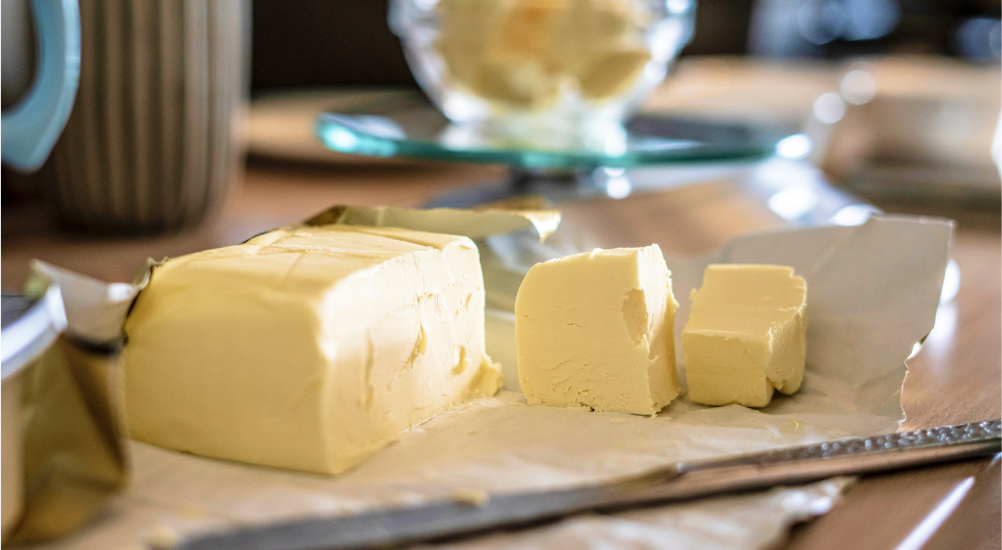
















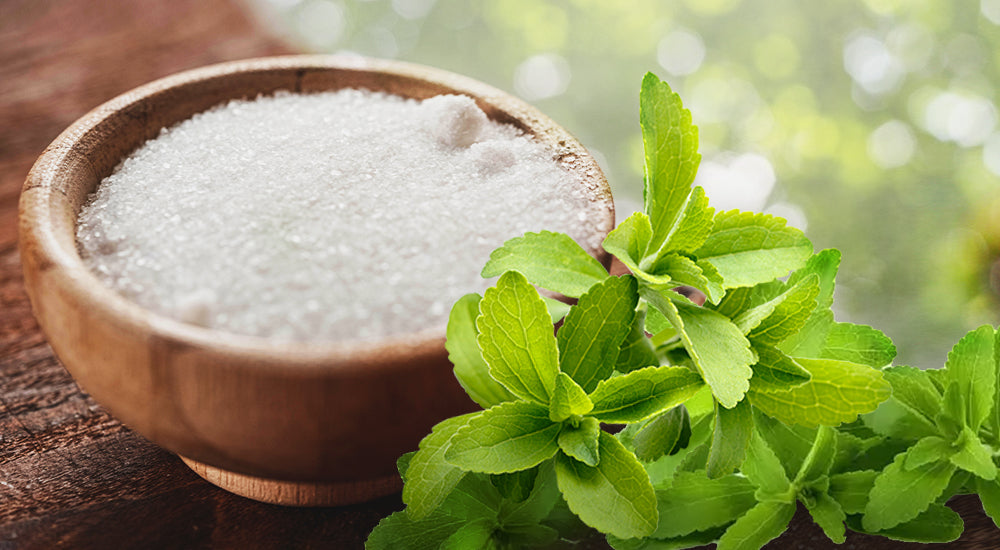
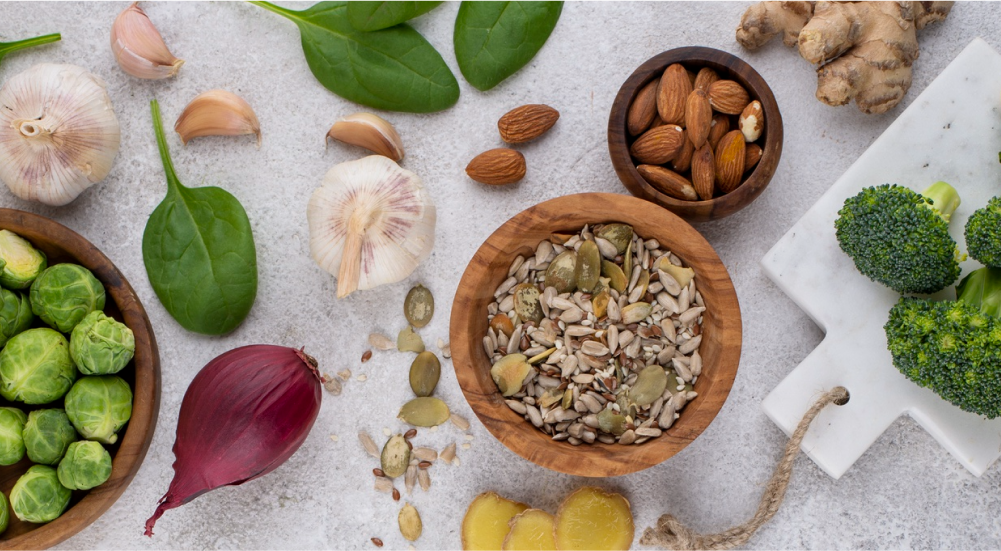


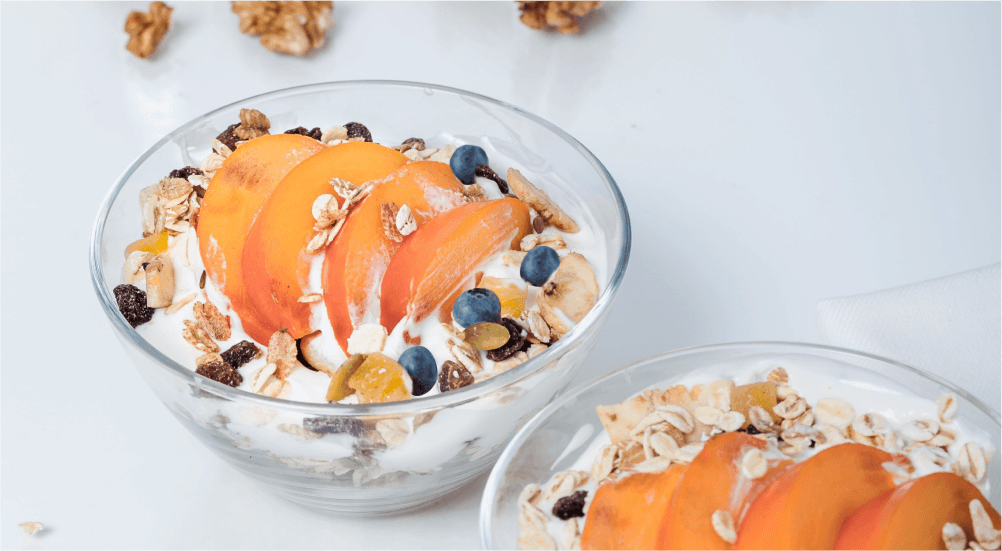
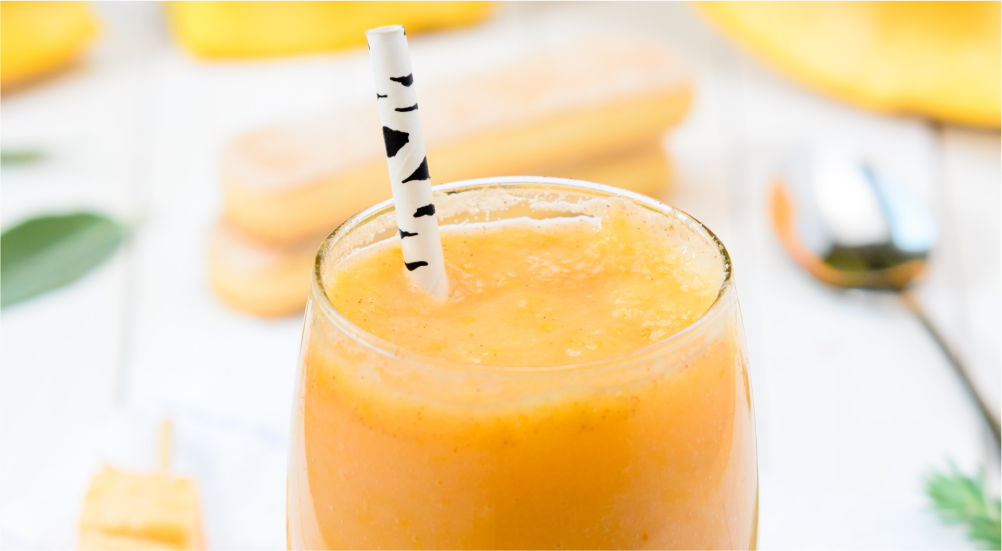






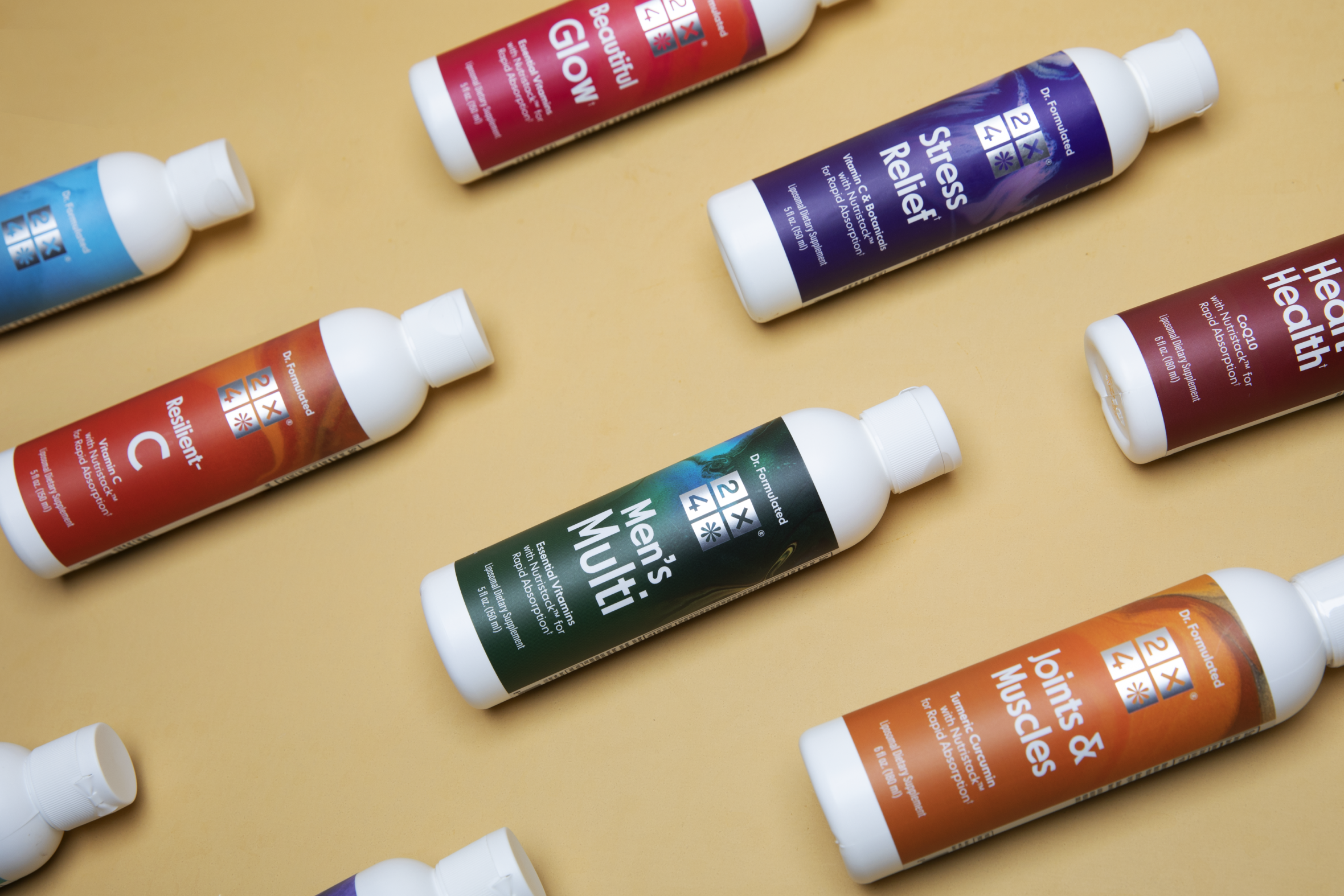





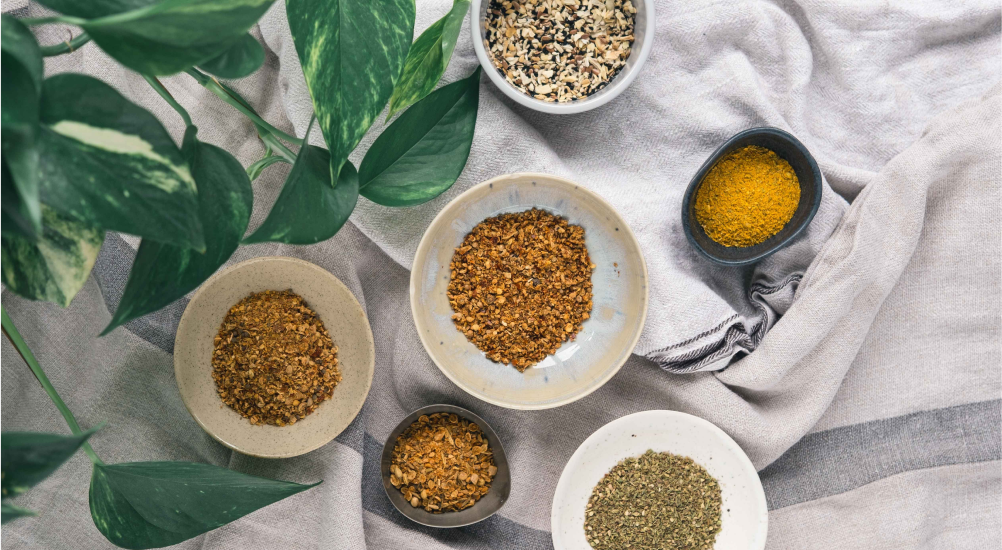




2x4 is a wellness brand created by doctors and wellness advocates. We seek to empower those who are curious about better nutrition and provide tools to multiply wellness.